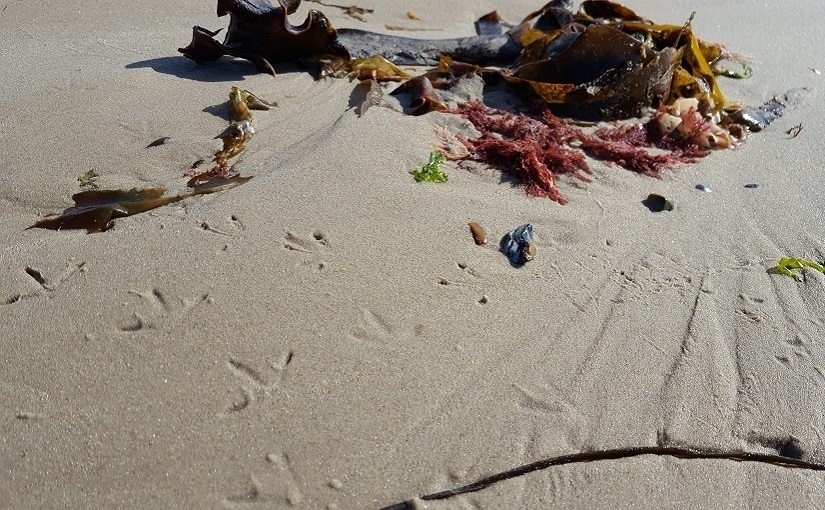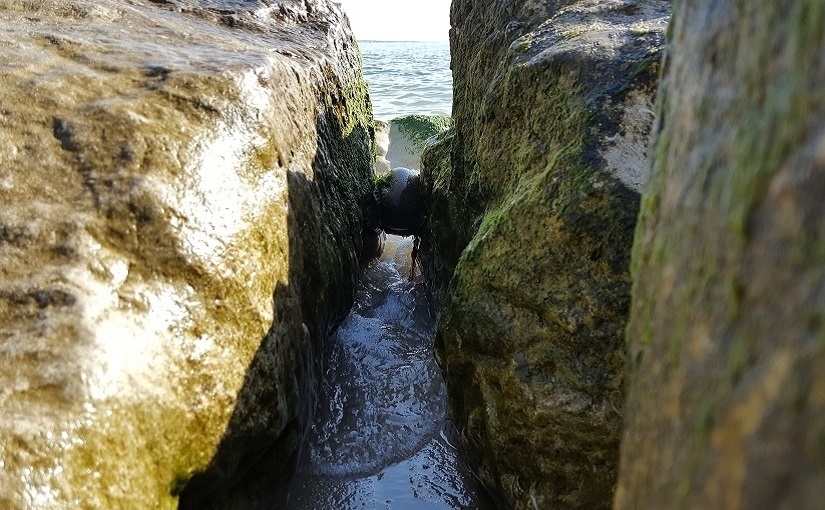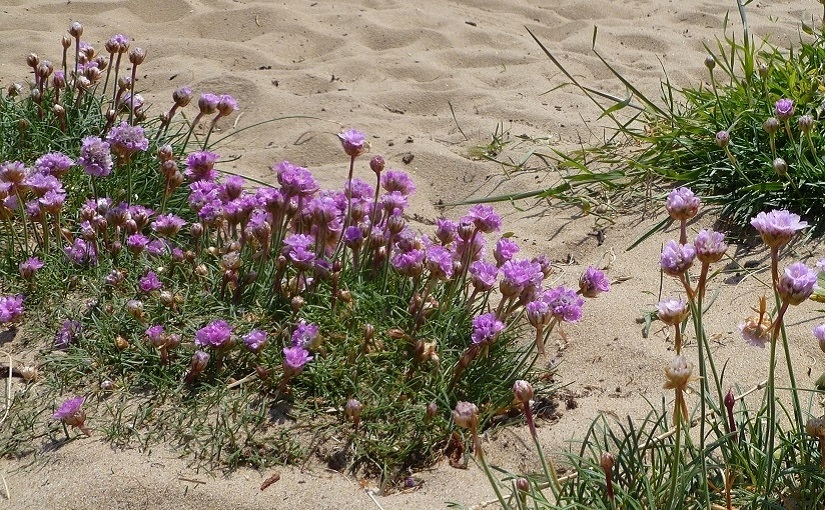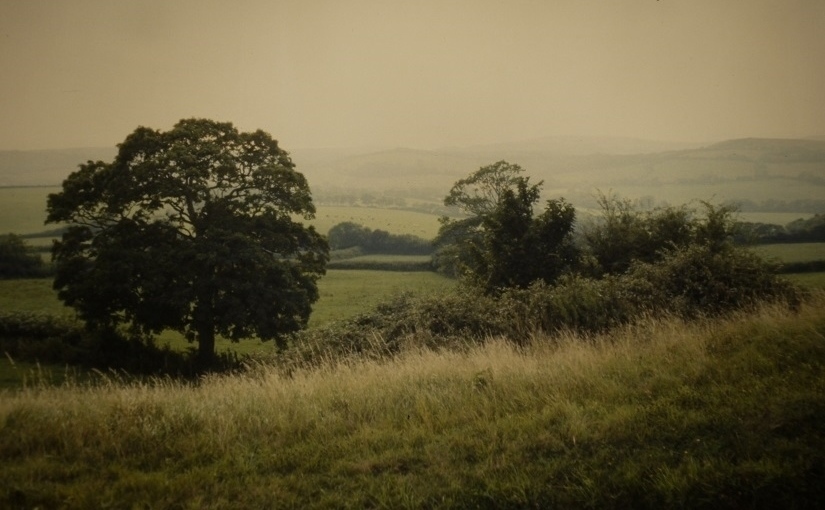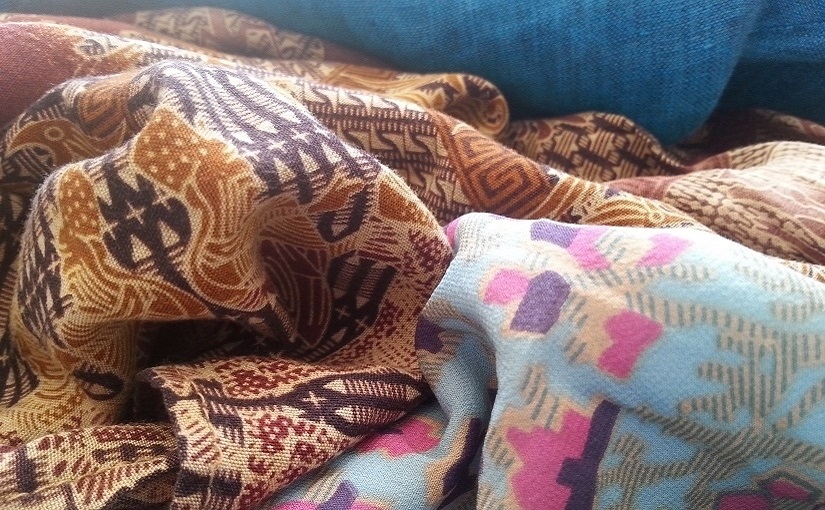Thinking about life, there are clearly going to be things we know and things we don’t. There’s the things life itself and those around us have taught us, then those things they might not have known themselves or known to pass on. And how else do we learn anything?
But then there also seems this sense that some things are just obvious and not being aware of them is unthinkable, laughable, a sign of stupidity or – more sympathetically – of ignorance. Ignorance being this state of “not knowing” where people lack awareness, knowledge or information. Generally it’s also a word thrown around as an insult within a reasonably intelligent and well-informed society.
Just because information’s widely available and we’re intelligent enough to understand it though, it doesn’t necessarily follow that we’re stupid for not having found it or realised its importance. Arguably, the more information that’s available the harder it is to see what matters from what doesn’t, and the more likely we are to overlook things in an attempt to manage the sheer volume of what’s now surrounding us (see Notes One).
Maybe it’s ‘natural’ to see our own knowledge, values and priorities as obvious? Not necessarily noticing where these ideas we live our life by came from: those subtle processes whereby we came to see things a given way and drew conclusions around what it all means about us, the worlds we exist within, and how best to act for mutual benefit.
Surely anything we know is something we were told or shown, and in a way that we understood its relevance and truth for our lives? Sometimes those lessons may have been intentional, other times they might have been incidental or actually the reverse of what people had hoped to teach us. We might have accepted the wisdom offered or rebelled against it, reaching similar or vastly different conclusions.
None of this is straightforward. In this day and age, who do we really trust to impart unshakable wisdom? It used to be religion or tradition that was looked to, then perhaps those educated in a certain way or entrusted with positions of power. This task of shaping our lives, our ideas – having the authority to impact lives in that deep and lasting way – has clearly changed hands over time.
In that light, are we ever right to mock or insult those who don’t share our ideas? If their life’s not led them to see things that way, might that be better explored respectfully rather than incredulously? It’s easy to see things as obvious and get taken aback by those who’ve experienced life differently, but our reactions to this parting of the ways can undoubtedly throw up serious obstacles to the gap ever being bridged (Notes Two).
It’s interesting because we live in times of increasingly converging experiences in some ways, but then there’s this heightened awareness of divergent perspectives nestled within it all. With so much going on, assuming there’s common ground may be an obstacle in itself.
Notes and References:
Note 1: Complexity of life
Note 1: The need for discernment
Note 1: Need to stand alone & think for ourselves
Note 1: What are we thinking?
Note 2: Anger as a voice
Note 2: We may as well laugh



